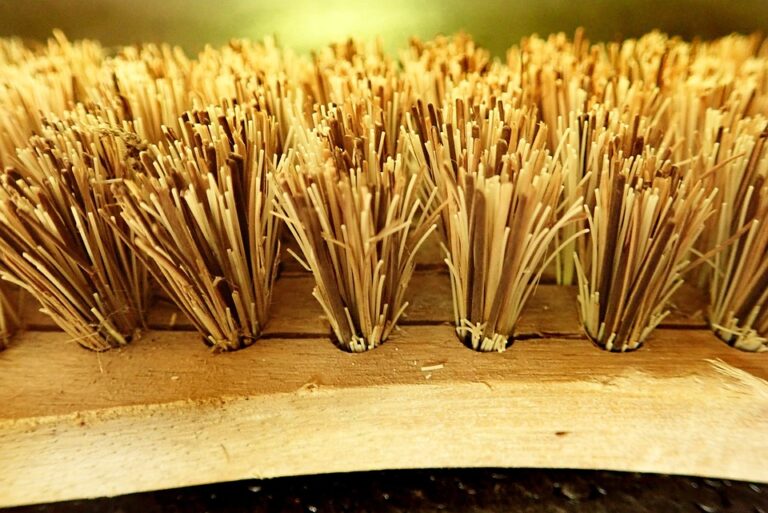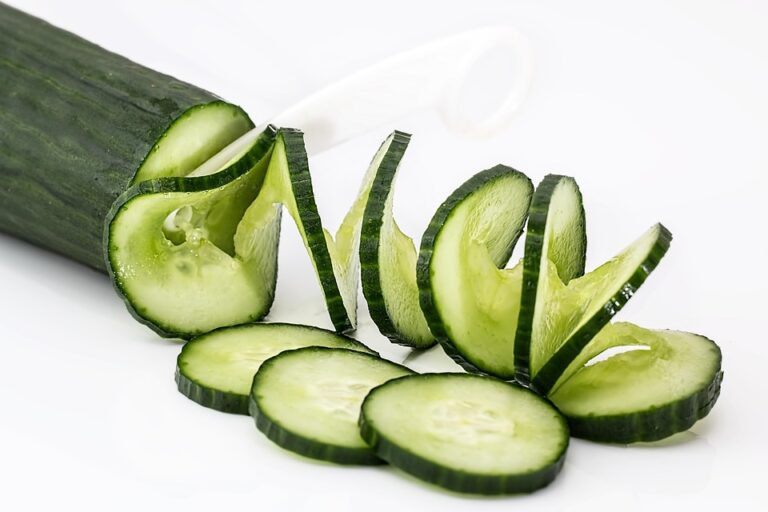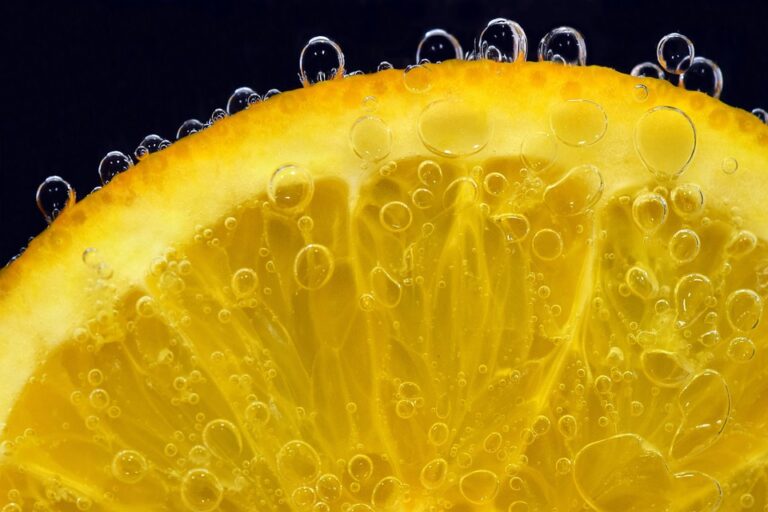
Choosing the Right Window Cleaner: A Comprehensive Guide to Common Types and Their Uses
When it comes to maintaining a pristine view from your home or office, the importance of clean windows cannot be overstated. However, not all window cleaners are created equal. With a plethora of options available, it’s vital to navigate this landscape thoughtfully. Let’s explore the common types of window cleaners, their applications, and how to select the right one for your needs.
1. Traditional Glass Cleaners
Arguably the most recognised type, traditional glass cleaners are ubiquitous in households. These products typically contain ammonia or alcohol, which effectively cut through grime and provide a streak-free finish. While they are effective for regular cleaning, one must be cautious; ammonia can be harsh on certain surfaces, leading to potential damage over time.
Tip: When using a traditional cleaner, ensure you’re well-ventilated. The strong fumes can be overwhelming, and using it in a confined space can lead to irritation.
2. Eco-Friendly Options
In recent years, the shift towards sustainability has inspired a surge in eco-friendly window cleaners. These products often utilise plant-based ingredients and are biodegradable, making them a fantastic choice for the environmentally conscious. However, some might question their cleaning efficacy compared to traditional options.
Did You Know? A study by the Environmental Protection Agency suggests that many conventional cleaners release volatile organic compounds (VOCs) which can affect indoor air quality. Thus, opting for eco-friendly alternatives not only benefits the environment but also your health.
3. Concentrated Cleaners
For those who prefer a DIY approach, concentrated cleaners offer an appealing solution. These products require dilution with water, allowing users to customise the strength based on their specific needs. While they can be cost-effective, it’s crucial to follow the manufacturer’s instructions closely to avoid over-concentration, which can lead to residue.
Pro Tip: Consider using a spray bottle for easy application and to keep track of the mixture proportion. This method also allows for more control, preventing unnecessary waste.
4. Streak-Free Formulations
A common frustration when cleaning windows is the dreadful streaking that often follows. Enter streak-free formulations, designed to provide a crystal-clear finish without the unsightly streaks. These products often include special surfactants that help to repel dirt and water.
Question to Ponder: Are these formulations worth the premium price tag? Many users report significant improvements, especially on larger glass surfaces where streaks are more visible, indicating that the investment may indeed be justified.
5. Specialty Cleaners
Certain situations call for specialised cleaners. For instance, tinted windows, solar panels, or glass shower doors often require unique formulations. Using a regular cleaner could lead to damage or ineffectiveness. Specialty cleaners are engineered to address specific materials and conditions, ensuring longevity and maintaining appearance.
Insight: A report from the British Cleaning Institute emphasises the importance of using the right products for different surfaces. This not only preserves the material but can also extend the lifespan of your installations.
Wrapping It Up
Selecting the right window cleaner hinges on understanding your specific needs and the surfaces you intend to clean. Whether you favour traditional glass cleaners, eco-friendly solutions, or concentrated formulas, each has its place in the cleaning arsenal. As we strive for clarity in our views—both literally and metaphorically—making informed choices about the products we use is essential.
For those keen on discovering more about quality products and selections, BargainsTrust continues to bring you a wealth of curated information. Happy cleaning!






